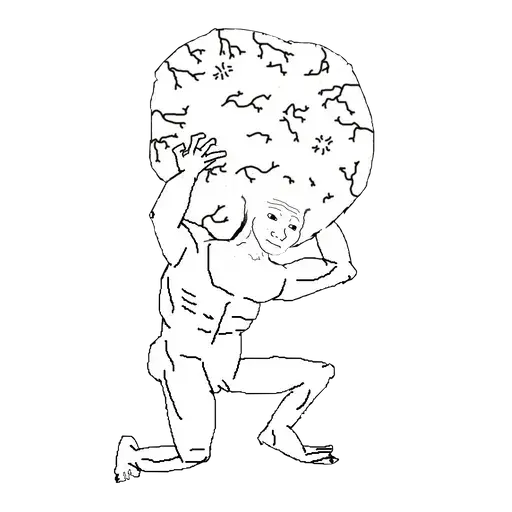

adaptablebastio


created on us.idyllic.app
70% correct (7/10)

created on us.idyllic.app
Rate this Quiz!
Share This Result
Comments

created on us.idyllic.app
New Quizzes & Global Leaderboard Daily
Anonymous
10/4/2024
90%
adaptablebastio
6/20/2024
70%
Anonymous
6/22/2025
70%